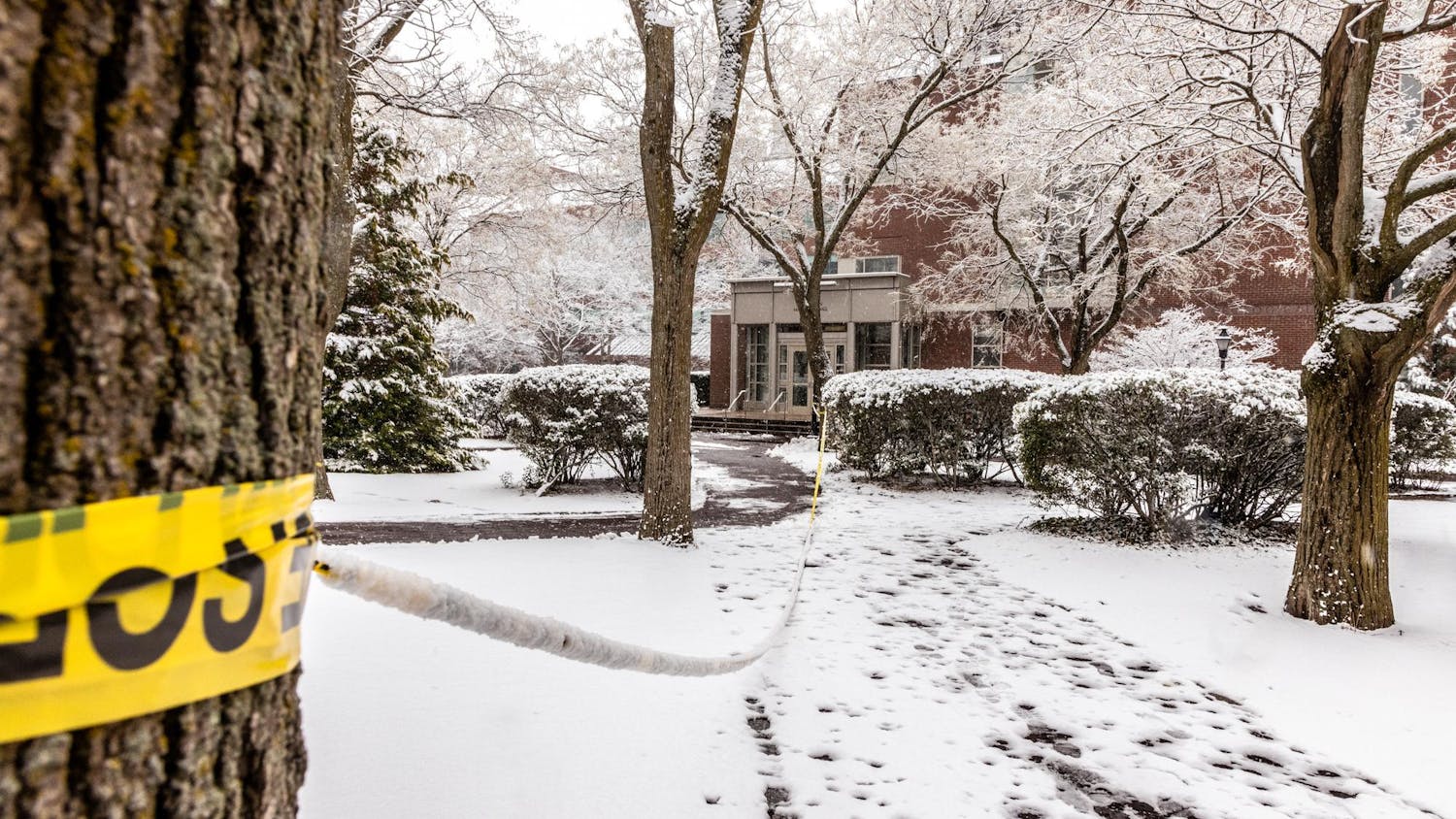Major changes to the Center for Information Technology's computing facilities have caused computers in the building to freeze, aggravating students trying to complete projects on deadline and professors conducting research.
The root of the problem lies hidden in a series of back rooms on the CIT's upper floors, which house stacks of equipment to support the building's computer labs. The equipment ranges in function from data storage to sorting through spam.
Systems Manager for the Department of Computer Science Mark Dieterich said the department's technical support staff tries to make its computer facilities "cheaper, bigger and faster" in order to pay less money for more disk space and quicker operations. Usually, Dieterich said, it is only possible to accomplish two of these goals at once.
But this semester, the department's technical staff, which includes Dieterich and Director of Computing Facilities Jeff Coady, is trying to accomplish all three aims. "We're trying to give everyone what they want," Coady said.
Coady said an incredible amount of disk space is required both to run the sophisticated software CS students use and to save their files. Students can log in to any computer in the CIT to access all their personal data files. Students can also log in remotely from their own computers to access this information and do coursework for their CS classes. This complex network system, Coady said, requires a lot of hardware to support it.
This means working under "a new hardware and software environment," Coady said, composed of IBM's General Parallel File System software, which is run on commodity hardware. The new environment is a result of recommendations from a facilities committee formed at the end of last year to increase the efficiency and scope of the CIT's computer facilities. The committee includes CS faculty, a graduate student representative and technical staff.
Because of the switch, the technical staff has faced difficulties that Dieterich said were mainly the result of a "hardware problem." There have been "bumps along the road, and they are more significant than we thought they would be," Coady said.
Students and professors encounter these roadblocks when their computers freeze during their work. Coady said the biggest consequence of these freezes, which he said are frequent and affect the majority of the community, is the amount of time lost by students and faculty.
Kathryn Gouinlock '11 said the operating system has "been a little bit bad the past few weeks," and described the computers as "slow" and "bogged down." Her project due date for CSCI 0150: "Introduction to Object-Oriented Programming and Computer Science" was extended by one day because of the problems.
Seth Ratner '11, who is taking two computer science classes, said he has not noticed any significant changes in the computer lab. While he said the system was slow, when he logged in remotely using the secure shell protocol, the speed was no different from previous years. Instead, he said, the programs he runs seem to require less memory when he logs into a CIT computer.
"The prevailing sentiment has been of appreciation and support for our technical staff members as they try to identify the causes of the problem and develop solutions," wrote Roberto Tamassia, chair of the CS department, in an e-mail to the Herald. He wrote that he believes "significant progress" has been made toward dealing with the glitches in the new computer infrastructure, and that "the storage architecture we have deployed offers significant benefits in terms of scalability, security and cost- effectiveness."




